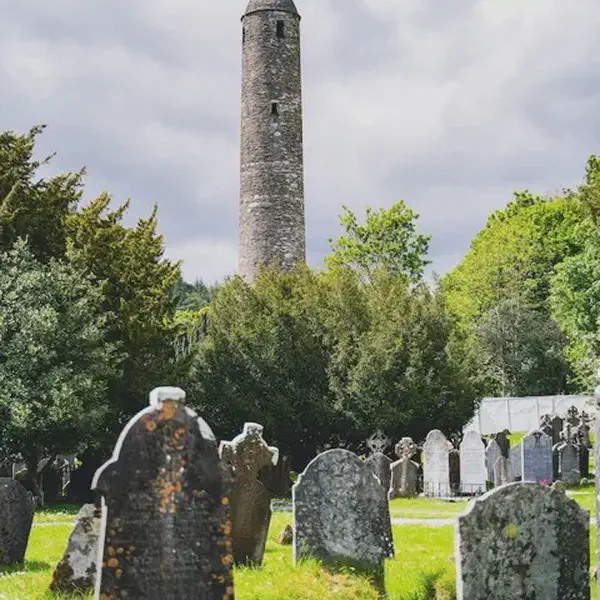
Robert Burns - Scottish Poet - Born.
January 25, 1759
Robert Burns (January 25, 1759 – July 21, 1796) was a pioneer of the Romantic movement and after his death became an important source of inspiration to the founders of both liberalism and socialism. He is widely regarded as the national poet of Scotland, and is the best known of the poets who have written in the Scots language, although much of his writing is also in English and in a light Scots dialect which would have been accessible to a wider audience than simply Scottish people. At various times in his career, he wrote in English, and in these pieces, his political or civil commentary is often at its most blunt. A cultural icon in Scotland and among Scots who have relocated to other parts of the world (the Scottish diaspora), his celebration became almost a national charismatic cult during periods of the 19th and 20th centuries, and his influence has long been strong on Scottish literature.
Burns also collected folk songs from across Scotland, often revising or adapting them. His poem (and song) Auld Lang Syne is often sung at Hogmanay (New Year), and Scots Wha Hae served for a long time as an unofficial national anthem of the country. Other poems and songs of Burns that remain well known today across the world include A Red, Red Rose, A Mans A Man for A That, To a Louse, and To a Mouse.
Burns Night, effectively a second national day, is celebrated on 25 January with Burns Suppers around the world, and is still more widely observed than the official national day, Saint Andrews Day, or the new North American celebration Tartan Day.